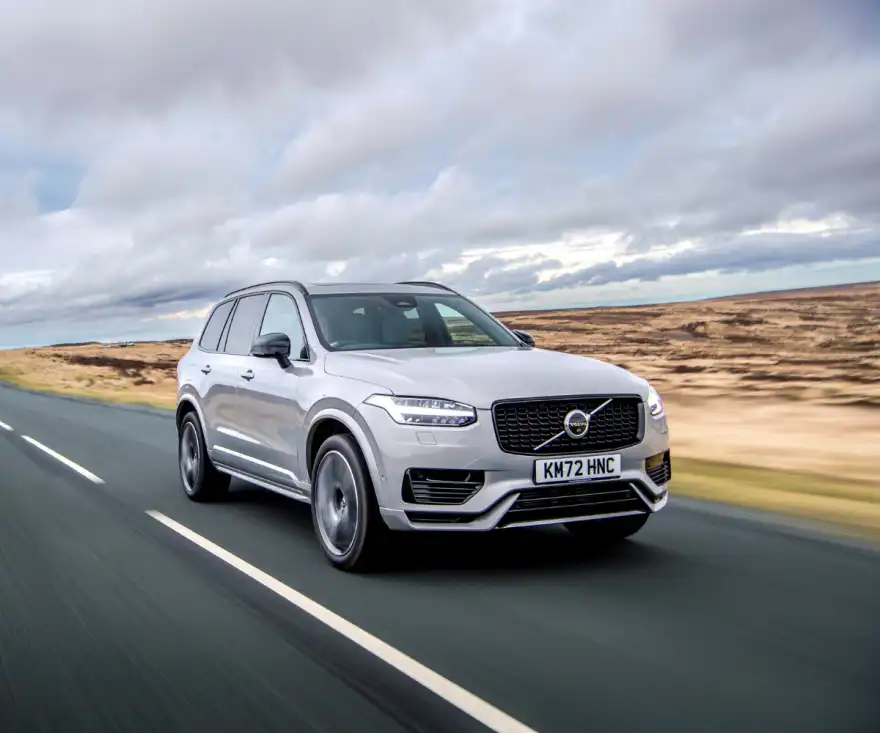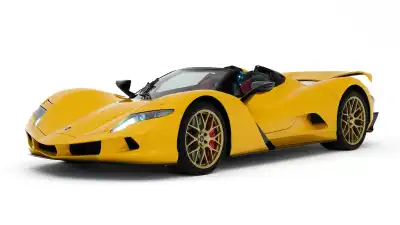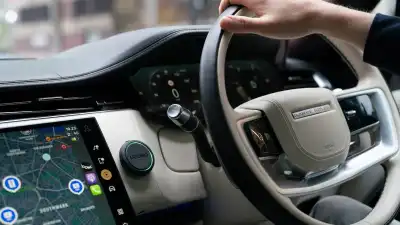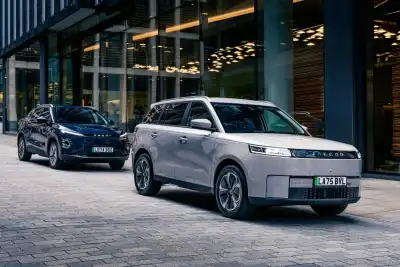
Volvo has reversed its decision to sell only fully electric cars by 2030 due to decreasing demand for electric vehicles. The Swedish automaker now aims for 90 to 100% of its global sales to be either fully electric or plug-in hybrids by the end of the decade.
This shift comes as interest in EVs declines in key markets, with fewer private buyers in the UK opting for battery-powered cars. To accommodate this, Volvo will continue offering mild hybrid models where necessary. The company had initially set its target for an all-electric lineup in 2021 when the outlook for EVs seemed more promising.
A drop in global EV sales has caused Volvo, like other automakers, to slow its transition to electric. The company, owned by China’s Geely, attributes this change to a 'slower than expected' rollout of charging infrastructure, reduced government incentives, and new tariffs on EV imports. Recent tariffs on EVs from China have been increased to 100% in the US and Canada, and the EU has introduced provisional tariffs as well.
Volvo’s CEO, Jim Rowan, emphasised, "We are resolute in our belief that our future is electric.
"An electric car provides a superior driving experience and increases possibilities for using advanced technologies that improve the overall customer experience."
"However, it is clear that the transition to electrification will not be linear, and customers and markets are moving at different speeds of adoption.
"We are pragmatic and flexible, while retaining an industry-leading position on electrification and sustainability."
This isn’t Volvo’s first reversal lately. After announcing it would stop selling its iconic estate cars in the UK last year, the company reversed course in June, bringing them back to UK showrooms with hybrid engines in response to sluggish demand for electric vehicles.
Other carmakers are also adjusting their EV plans. Renault’s CEO recently expressed doubts about the industry’s transition to electric vehicles, stating that sales aren’t progressing as expected. Porsche, Ford, and Fiat have also scaled back their EV ambitions, while Mercedes-Benz has extended production of its popular A-Class combustion-engine cars until 2026.
Toyota remains one of the most cautious manufacturers, with its chairman, Akio Toyoda, predicting that EVs will never dominate the market and may only account for a third of global sales. Toyota, Mazda, and Subaru are focusing on smaller petrol engines combined with hybrid technology, rather than going fully electric.
In short, while the push for electric vehicles continues, many automakers are adjusting their timelines and strategies as they navigate the challenges of infrastructure, customer readiness, and market conditions.



